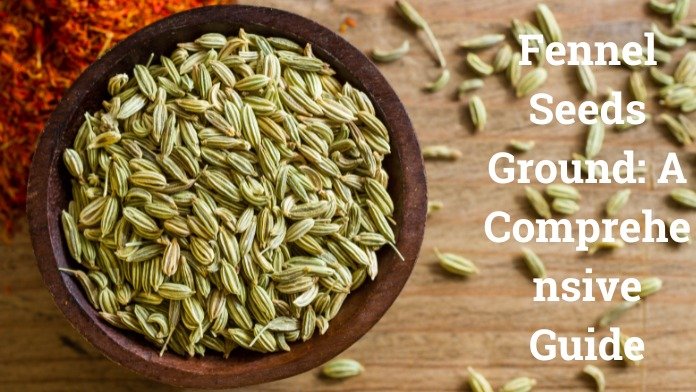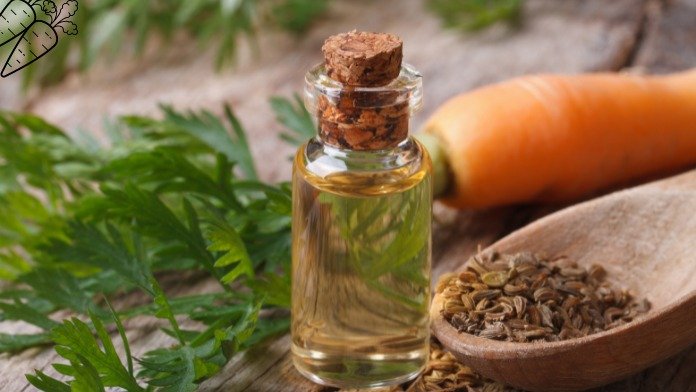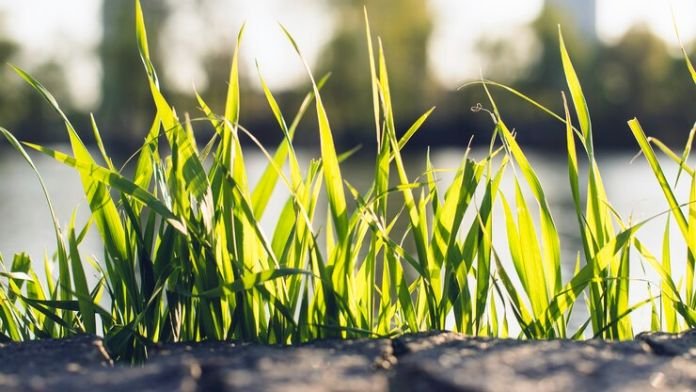White Clover Seed: Benefits, Planting Tips, and Where to Buy
December 22, 2024 | by Noor Nahar Tarin

White clover seed (Trifolium repens) is gaining popularity as a sustainable and low-maintenance solution for lawns, gardens, and agricultural fields. Known for its numerous benefits—such as nitrogen fixation, drought tolerance, and erosion control—white clover has become a go-to choice for environmentally conscious gardeners and farmers alike.
In this comprehensive guide, we’ll explore everything you need to know about white clover seeds, including how to seed white clover, its benefits, the best types of clover seed, and where to buy white clover seed. Whether you’re looking to replace your grass lawn or use it as a cover crop, this article will help you make an informed decision.
What is White Clover Seed?
White clover (Trifolium repens) is a perennial legume often used as ground cover, a forage crop for livestock, and a soil-improving cover crop. It is well known for its white flowers, drought-tolerant nature, and ability to fix nitrogen from the air through nodules on its roots, which benefits soil health. White clover seeds are commonly available in several varieties, with white Dutch clover seeds being one of the most popular choices for lawns and gardens.
White clover can be used in a variety of applications, such as:
- Ground cover for lawns
- Cover crops to improve soil health.
- Erosion control in landscaping or agricultural fields
- A lawn seed mixture for more sustainable turf.
Benefits of White Clover Seed
White clover seeds offer several advantages, making them a preferred choice for gardeners, farmers, and landscapers. Some of the key benefits include:
Drought Tolerant
White clover is known for its drought-tolerant properties. Once established, it requires minimal watering, making it an excellent option for areas with low rainfall or homeowners looking to conserve water.
Soil Health Improvement
One of the most significant benefits of white clover is its ability to fix nitrogen from the air, enriching the soil naturally. This process occurs through nodules on the roots, where bacteria convert nitrogen from the atmosphere into a form that plants can absorb. This reduces the need for synthetic fertilizers, making white clover a sustainable option for improving soil health.
Erosion Control
White clover effectively controls erosion on slopes or areas with loose soil. Its deep roots help bind the soil together, reducing runoff and preventing soil degradation. This makes it an ideal choice for landscaping projects to stabilize the soil.
Low Maintenance & Resilient
White clover requires little maintenance compared to traditional grass lawns. It grows well in various soil conditions and tolerates various sunlight conditions, from full sun to partial shade. Furthermore, once established, it requires less frequent mowing and watering, making it a low-maintenance option for lawns and gardens.
Attracts Pollinators
The small white flowers of white clover are a favorite of bees and other pollinators. Planting white clover in your yard can help support local wildlife and biodiversity, creating a thriving ecosystem.
How to Plant White Clover Seed
Preparing the Soil
Before planting white clover seeds, it’s essential to prepare the soil. White clover prefers well-drained soil but can tolerate a variety of soil types. The ideal soil pH is slightly acidic to neutral (pH 6-7). If the soil is compacted, aerate it to promote proper seed penetration and root development.
When to Plant White Clover
The best time to plant white clover is spring or early fall. These seasons offer mild temperatures and consistent moisture, allowing the seeds to germinate quickly. White clover sprouts fast, typically germinating in 7-14 days.
Seeding Rates
If you’re planting in an area where white clover will act as ground cover, use around 2-3 pounds of white clover seed per 1,000 square feet. The rate is typically 5-10 pounds per acre for larger areas or use as a cover crop. If you’re incorporating it into a lawn seed mixture, use around 1-2 pounds per 1,000 square feet.
How to Seed White Clover
Broadcast the seed
You can use a broadcast spreader or hand-scatter the seeds over the soil, making sure they are evenly distributed.
Rake the soil lightly.
After seeding, rake the soil to cover the seeds lightly with a thin layer of soil.
Water gently
Water the area thoroughly but gently to avoid washing away the seeds. Keep the soil consistently moist during the germination period.
Maintenance Tips
Once established, white clover requires minimal care. If you’re growing it as a lawn alternative, you can mow it occasionally to maintain a neat appearance. Avoid over-fertilizing or using harsh chemicals, as these can harm the clover and the beneficial microbes in the soil.
Types of White Clover Seed
Several types of white clover seed are available, each with different uses and characteristics. Some of the most popular varieties include:
White Dutch Clover Seed
White Dutch clover seed is the most commonly used variety for lawns and gardens. It is a small-leafed variety perfect for creating a lawn seed mixture or for use as ground cover. White Dutch clover is known for its resilience and ability to thrive in various soil conditions.
New Zealand White Clover
Larger leaves and a slightly more robust growth habit are typically used in pasture fields for grazing.
Microclover
A smaller, more compact variety that is becoming increasingly popular for use in lawn mixes.
Where to Buy White Clover Seed
If you’re looking to buy white clover seed, there are several places you can check:
- Local garden centers often carry white clover seeds, especially in the spring and fall.
- Online retailers like Amazon and Etsy offer a variety of white clover seed options, including white Dutch clover seed and organic varieties.
- Specialty seed suppliers such as Johnny’s Selected Seeds and High Mowing Organic Seeds offer high-quality clover seeds ideal for gardening and farming.
Note: When purchasing, be sure to look for reputable sellers who provide details on seed quality, germination rates, and organic certifications if applicable.
FAQ
Can white clover replace my grass lawn?
Yes, white clover is an excellent alternative to traditional grass lawns. It is low-maintenance, drought-tolerant, and requires less mowing. However, it may not be suitable for high-traffic areas.
How much white clover seed per acre is needed?
For an acre, you’ll need approximately 5-10 pounds of white clover seed if you’re planting it as a cover crop or for pasture. You’ll need around 2-3 pounds per 1,000 square feet for ground cover in smaller areas.
How fast does white clover grow?
White clover seeds sprout relatively quickly, usually within 7-14 days, and can cover an area in a few months, depending on the growing conditions.
Can I plant white clover in full sun?
White clover thrives in full sun but can also tolerate partial shade. It’s adaptable to different sunlight conditions, making it versatile for various landscapes.
Is white clover safe for pets?
Yes, white clover is non-toxic to pets and is often used in lawns that dogs and other animals frequent.
Conclusion
White clover seed is a versatile and eco-friendly option for anyone looking to improve their soil, reduce lawn maintenance, or provide natural ground cover. With benefits such as drought tolerance, soil improvement, and erosion control, it’s no wonder that clover is becoming a go-to choice for homeowners and farmers. Whether planting white clover as a cover crop or as part of a lawn seed mixture, it is easy to grow and maintain, offering long-term benefits for your landscape.
Following the planting tips and using the right clover variety, you can enjoy the many advantages of white clover in your garden or lawn. So, whether you’re wondering where to buy white clover seed or need advice on how much white clover seed per acre, we hope this guide has provided the information you need to get started.
RELATED POSTS
View all


